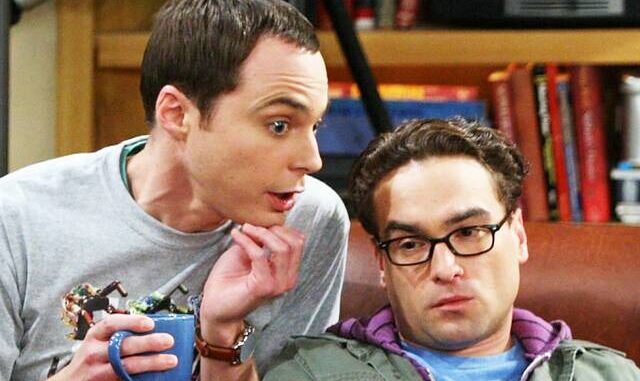
Five years after The Big Bang Theory aired its final episode, one glaring misstep in the portrayal of a fan-favorite character continues to cast a shadow over the series. Sheldon Cooper, once celebrated for his eccentric genius and humorous quirks, now serves as a controversial figure in the sitcom’s legacy. What once felt clever and endearing to many fans now raises concerns about representation, with Sheldon’s journey reflecting the show’s broader storytelling flaws.
Sheldon Cooper: From Genius to Punchline
At first glance, Sheldon’s strict routines, sensory sensitivities, and hyperfixations made him a relatable figure for many neurodivergent viewers, even though the show never explicitly labeled him as such. His unique behaviors, like his attachment to his “spot” on the couch or his love of model trains, struck a chord with audiences who saw reflections of themselves in his character. Unfortunately, the show’s writing often undermined this potential for meaningful representation by reducing Sheldon’s quirks to comedic fodder.
Repeated gags—such as his infamous triple-knock routine or the use of the “Soft Kitty” song—played up Sheldon’s traits for laughs, turning what could have been heartfelt moments into punchlines. Instead of fostering empathy, the humor frequently relied on dismissiveness and mockery, perpetuating stereotypes about neurodivergence.
Infantilization and Harmful Stereotypes

A recurring issue with Sheldon’s portrayal was the way other characters, especially Leonard and Penny, infantilized him. From dictating his diet to managing his daily routines, they often treated him more like a child than a peer. While intended as lighthearted comedy, this dynamic reinforced harmful stereotypes that adults with neurodivergent traits are incapable of independence or self-sufficiency.
Equally troubling was Sheldon’s frequent portrayal as emotionally cold or manipulative, which fed into the damaging trope that neurodivergent individuals lack empathy. Though the show occasionally showcased Sheldon’s personal growth and capacity for meaningful connections—particularly in his relationships with Amy and his friends—these moments came too late to fully counterbalance years of problematic writing.
A Legacy Under Scrutiny
While The Big Bang Theory was groundbreaking in its celebration of nerd culture and scientific curiosity, its portrayal of Sheldon highlights how far popular media still has to go in representing neurodivergent individuals with care and nuance. Fans who once found joy in Sheldon’s quirks now grapple with the realization that much of the humor came at the expense of genuine understanding.
For some viewers, Sheldon’s character resonated deeply, offering a sense of validation and even inspiring self-recognition or diagnosis. Yet for others, the show’s treatment of him feels like a missed opportunity to advocate for acceptance and inclusivity. By leaning too heavily on laughs derived from Sheldon’s behaviors, The Big Bang Theory leaves a bittersweet legacy—one that serves as both a reminder of its cultural impact and a cautionary tale about the importance of responsible storytelling.